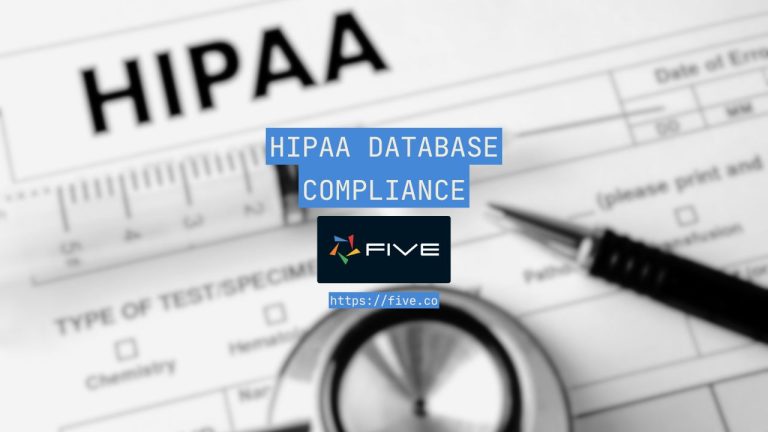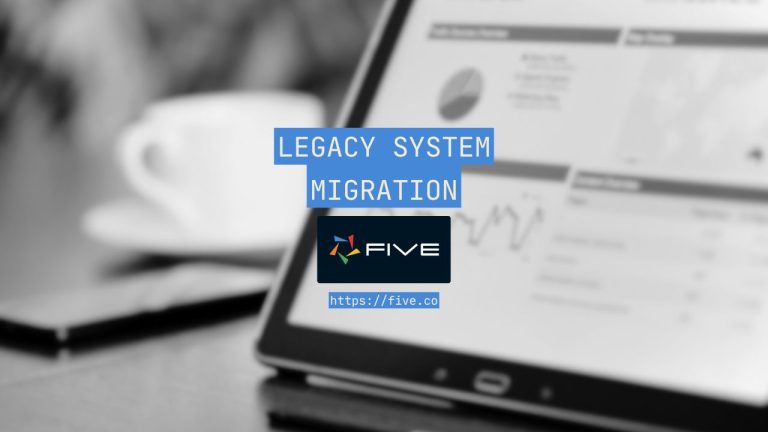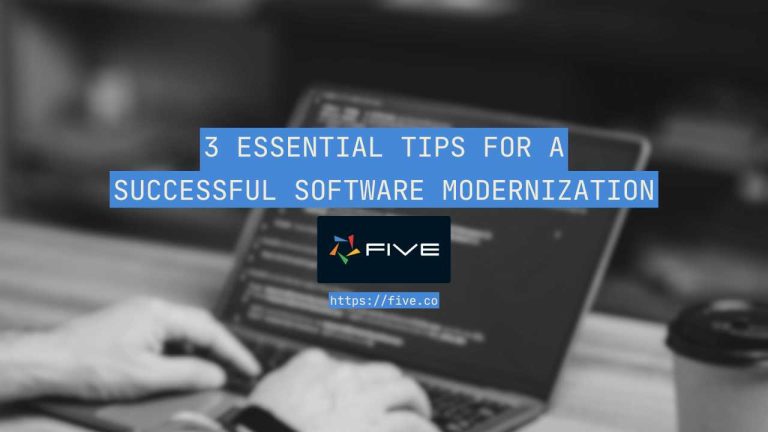Database Modernization Services: Complete Guide
Are Database Modernization Services Worth It?
“Our current database still works, but…” If you find yourself starting sentences this way, you’re not alone. Many organizations continue to operate on legacy database systems that technically function but prevent them from achieving their full potential.
Whether it’s your Oracle database from the early 2000s, a complex MySQL setup that only your senior DBA understands, or a collection of Access databases spread across departments, outdated database systems often become invisible barriers to growth and innovation.
- Are Database Modernization Services Worth It?
- Why Modernize Your Database?
- The Challenges of Legacy Databases
- A Modern Approach to Database Modernization Services
- The Benefits of Partnering With a Modernization Expert
- Hiring Experts vs. Doing It Yourself
- The Technical Advantages of Modern Databases
- The Human Side of Database Modernization
- Taking Action on Database Modernization
Why Modernize Your Database?
Legacy databases often go unnoticed until issues become too big to ignore. The first signs can be subtle: your team may rely on repetitive manual processes to compensate for system limitations, or your database struggles to handle growing volumes of data. Over time, these inefficiencies create significant operational costs, both visible and hidden.
Beyond performance, legacy systems present serious security risks. Many were built in an era when cyber threats were less sophisticated, leaving them vulnerable to modern attacks.
Outdated databases can also hinder compliance with new regulations, putting sensitive data and your business’s reputation, at risk. Modernizing your database addresses these challenges, ensuring it remains a reliable, scalable, and secure foundation for your business operations.
The Challenges of Legacy Databases
Migrating from a legacy database can be complex. Older systems often involve undocumented schemas or critical business logic that has evolved over time.
Additionally, downtime during migration poses significant risks, as even short periods of inaccessibility can disrupt operations and frustrate users.
Another challenge is integrating the new database with existing workflows and applications. Legacy systems often operate in silos, and transitioning to a modern, interconnected environment requires careful planning to avoid introducing new inefficiencies.
These challenges highlight the importance of a methodical, well-supported approach to modernization.
A Modern Approach to Database Modernization Services
Traditional database modernization often involved a complete system overhaul, a time-consuming, costly, and disruptive process.
At Five, we take a more practical and incremental approach, minimizing risks while maximizing efficiency.
Our methodology begins with a comprehensive system assessment. We analyze your database structure, dependencies, and the unique business logic embedded in your existing system. From there, we develop a roadmap for incremental transformation, allowing your legacy system to coexist with modern components during the transition.
This approach ensures minimal downtime and preserves critical functionality while enabling significant improvements.
For example, we recently helped a logistics company modernize its SQL-based inventory system by transitioning to a cloud-native database. By migrating incrementally, we maintained full operational continuity and introduced real-time analytics capabilities, significantly improving decision-making speed and accuracy.
The Benefits of Partnering With a Modernization Expert
When it comes to database modernization, expertise matters. Attempting to manage a migration project internally often results in unnecessary complexity, delays, and unexpected costs. At Five, we specialize in guiding businesses through this process, leveraging our technical expertise and business insight to deliver seamless results.
Partnering with a team like ours provides several key advantages. First, we take the time to deeply understand your business processes and how your database supports them. This ensures that the new system aligns with your needs and resolves existing pain points.
Second, we bring proven strategies to handle common migration challenges, such as undocumented data structures and compatibility issues.
Finally, we provide end-to-end support, from initial assessment to post-migration optimization, so you’re never left navigating the complexities alone.
Reach out to us today, and let’s build a system that works for you, not against you.
Hiring Experts vs. Doing It Yourself
For many businesses, the temptation to tackle database modernization internally can be strong. On the surface, a DIY approach might seem cost-effective. However, it often leads to unforeseen challenges that increase expenses and cause significant disruptions.
Without the right expertise, critical details, such as preserving business logic, optimizing performance, and ensuring compatibility can be overlooked. Additionally, internal teams often lack experience in handling complex migrations, leading to costly delays and mistakes. This is especially true if your team is already stretched thin managing day-to-day operations.
Hiring experts like Five eliminates these risks. Our team brings a wealth of experience in database modernization, allowing us to anticipate and address challenges before they become problems. By partnering with us, you can focus on running your business while we handle the technical complexities. The result? A smooth migration, reduced downtime, and a database system that’s optimized for your long-term growth.
The Technical Advantages of Modern Databases
Modern databases deliver significant improvements in performance, scalability, and security. Advanced indexing techniques and optimized architectures enable faster query execution and real-time analytics. Scalability features allow your database to grow seamlessly with your business, avoiding the need for disruptive overhauls as data volumes increase.
Security is another critical area where modern databases excel. Features like built-in encryption, advanced access controls, and compliance with regulations such as GDPR and HIPAA ensure your data remains protected in an evolving threat landscape. Additionally, modern systems are designed for integration, enabling seamless data sharing between applications and breaking down silos.
For example, we worked with a healthcare provider to modernize their patient record database. By transitioning to a cloud-native solution, they achieved faster data processing, improved data-sharing capabilities, and ensured compliance with strict regulatory requirements.
The Human Side of Database Modernization
Modernizing your database isn’t just a technical project it’s also about managing change effectively. Your team has likely developed workflows and processes around the current system, and any disruption to these habits can create resistance.
At Five, we prioritize the human aspect of modernization. We engage directly with your team to understand their workflows and ensure the new system addresses their real-world needs. Training and support are integral parts of our approach, helping your employees transition smoothly to the modernized database.
Taking Action on Database Modernization
Legacy systems might still function, but they often hinder growth and expose your business to unnecessary risks. With the right partner, database modernization can transform your data infrastructure into a scalable, secure, and efficient foundation for success.
At Five, we specialize in helping businesses modernize their databases with minimal disruption and maximum ROI. Ready to explore how modernization can benefit your business? Contact us today for a free consultation and take the first step toward a future-proof data infrastructure.


